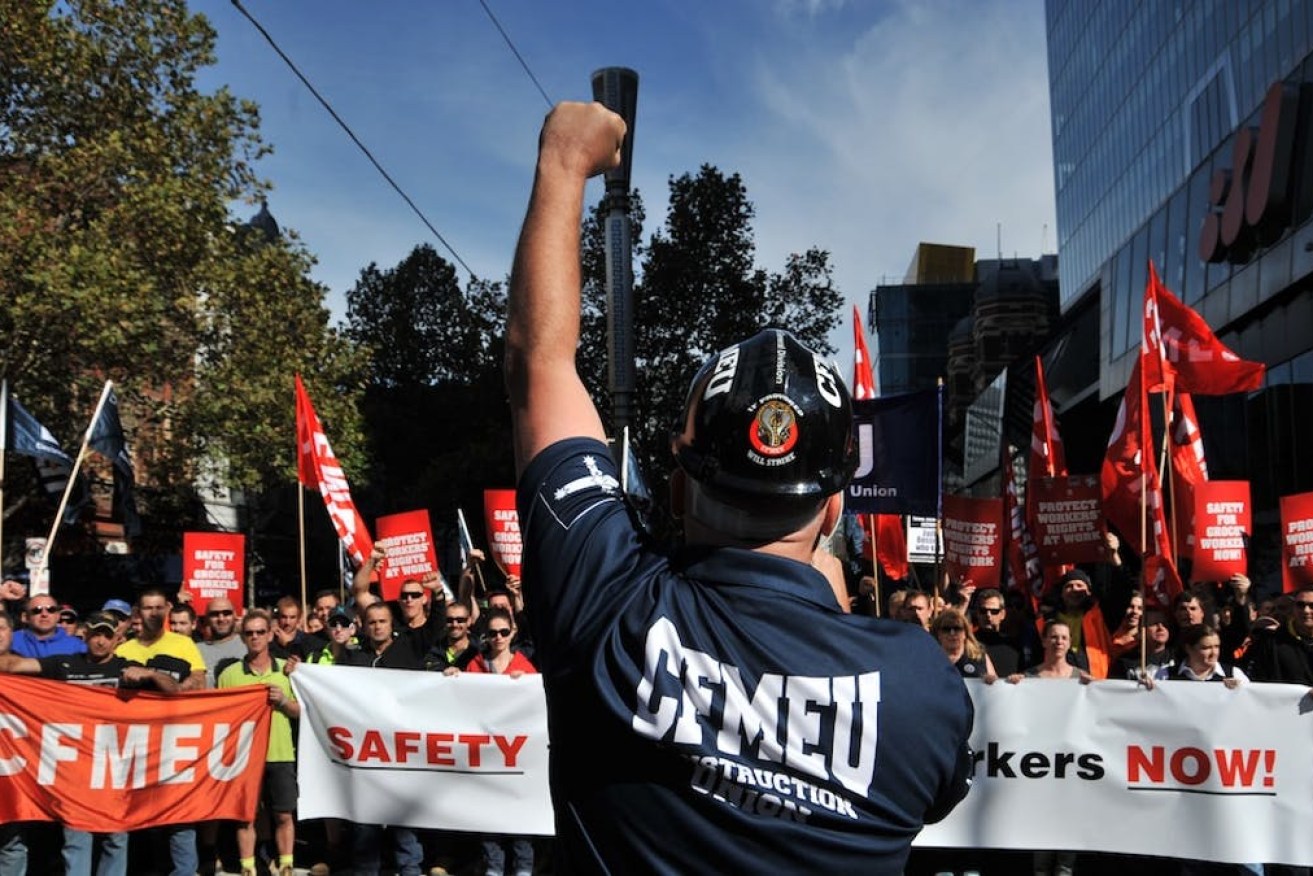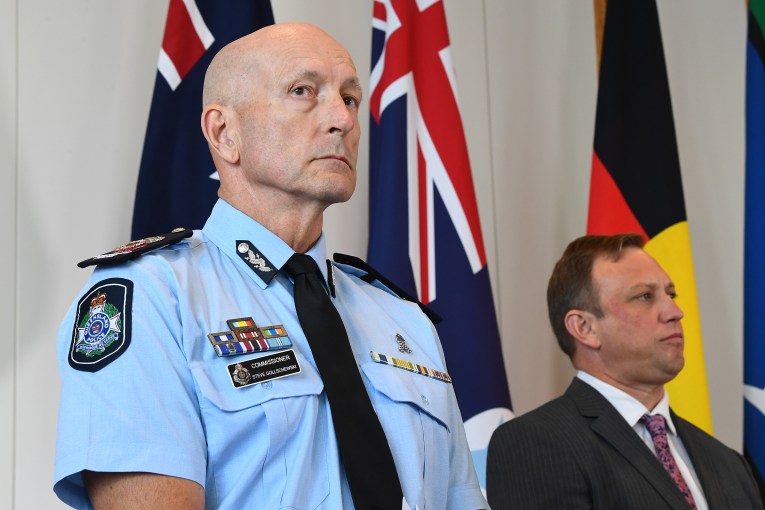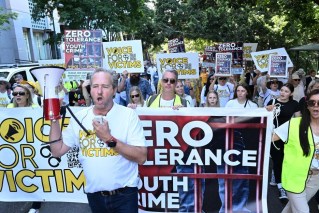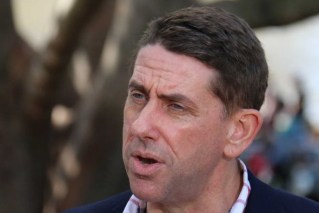Corruption watchdog turns lobbyist spotlight on union officials, local councillors
Queensland’s corruption watchdog has called for union officials to be captured by the state’s lobbying regulations and for local councillors to publicly reveal their dealings with lobbyists.


The CCC wants unionists to be required to register as lobbyists.
The Crime and Corruption Commission has produced a detailed report exposing holes in the state’s approach to integrity reforms, warning that the perception of corruption will continue to persist unless such flaws are fixed. It says integrity reforms pledged by Premier Annastacia Palaszczuk do not go far enough in improving transparency in government decision making.
It insists on the scrapping of the oft-criticised exemptions enjoyed by union officials, who are free to try to influence government decisions without the need to register as lobbyists and urges the government to introduced an outright ban on former MPs joining lobbyists’ ranks soon after leaving office.
Such reforms were necessary because there was little to ensure former MPs and public servants who become lobbyists comply with rules preventing them from lobbying matters relating to their former employment for two years, the CCC said.
“Given the well-known corruption risks associated with access to and use of confidential information, it is important to reinforce to all public sector employees and government and Opposition representatives, both current and former, that confidential government information is and remains the property of the government,” the report says.
“It is not to be exploited for personal profit or for the commercial benefit of third parties.”
The commission has also urged a shake-up of the way people are appointed to the more than 300 government boards and corporations, saying there is currently no way of ensuring appointees have a real or perceived conflict of interests with their other duties and activities.
It recommendations were lashed by both unions and the Local Government Association of Queensland as unworkable and necessary.
Its report follows more than a year of scandal and controversy over the Palaszczuk government’s attitude to integrity and transparency which forced it to commission several inquiries and reviews – including by former corruption buster Tony Fitzgerald – and to promise to do better.
The CCC report said Queensland had one of the strongest frameworks tor regulate lobbying in Australia but it was not as good as some regimes overseas.
“Queensland’s lobbying framework may be limiting visibility and public scrutiny of the full picture of influence, especially where the current definitions do not cover the type of person or organisation doing the lobbying, or the type of person or position who is likely to be approached,” the report said.
Even if the reforms suggested by Peter Coaldrake and Kevin Yearbury in their reviews of Queensland’s public integrity system were implemented, the report said, transparency would still be limited because not all forms of lobbying and influence would be covered.
“In line with proposed reforms in New South Wales, the Queensland Government, in conjunction with representatives from the local government sector, should consider ways to improve transparency of influencing interactions in a way that ensures visibility and public scrutiny of all interactions aimed at influencing government decisions — at state and local government levels,” it sayd.
“This should include, but not be limited to, requiring that all elected officials — including all Members of Parliament and local government Councillors — make public information about their meetings with the private sector, including details of the purpose or reason for the contact and who was present at the meeting.”
“There remain gaps in Queensland’s integrity framework which allow for continued risk of corrupt practices (or the perception of them),” the report says.
It says there is a heightened risk of such an outcome when former MPs and councillors leverage their contacts and knowledge to influence governments decisions and when there is a lack of openness about the interactions between private individuals and public officials.
“Examples were provided in submissions of suspected or alleged improper influence on both state and local government decisions, the report said.
“This included concerns that elected officials and public sector employees were being improperly influenced through personal or political relationships, money or the activities of trade unions.
“Examples were also provided of elected officials and public sector employees attempting to leverage their role and associations for either their own personal benefit or the benefit of others.”
The commission said there was information that local government councillors and officers were at “increased risk of improper influence given their closer direct interaction with the community and the broad functions and roles they undertake”.
However, LGAQ chief executive Alison Smith said the CCC’s recommendations would add yet another layer of “administrative burden” on councils that were already working under strict conflict of interest rules.
“When councillors vote on decisions, they already have a legal requirement to declare a conflict of interest,” she said.
“They also must keep publicly available and comprehensive registers of interest up to date.
“We would urge the State Government to ignore this deeply flawed report and instead ensure the CCC works speedily to adopt the Fitzgerald 2.0 recommendations.
“The CCC would better serve Queensland communities by getting its own house in order rather than dreaming up uncalled for and onerous rules for councils.”












